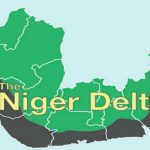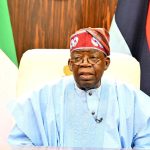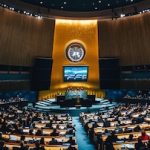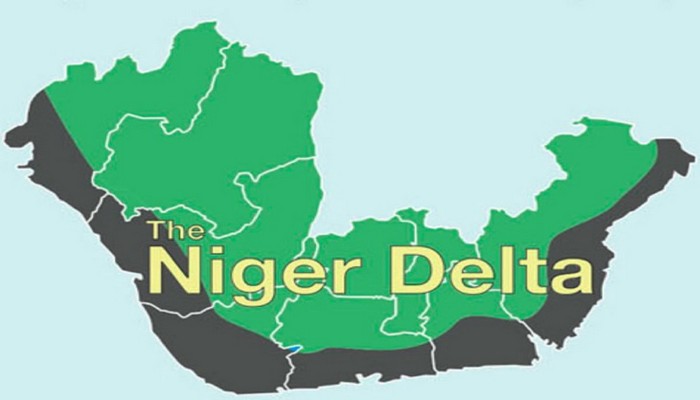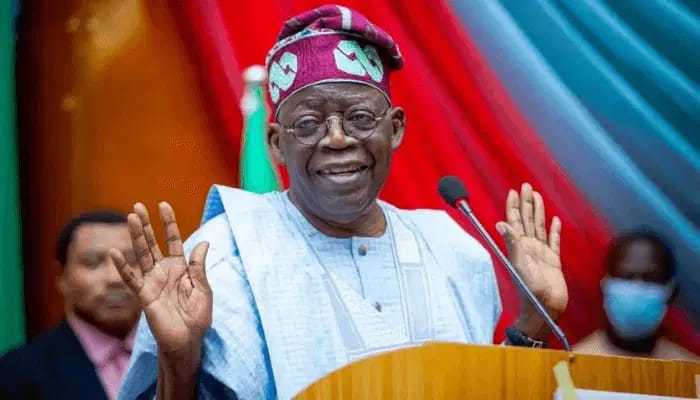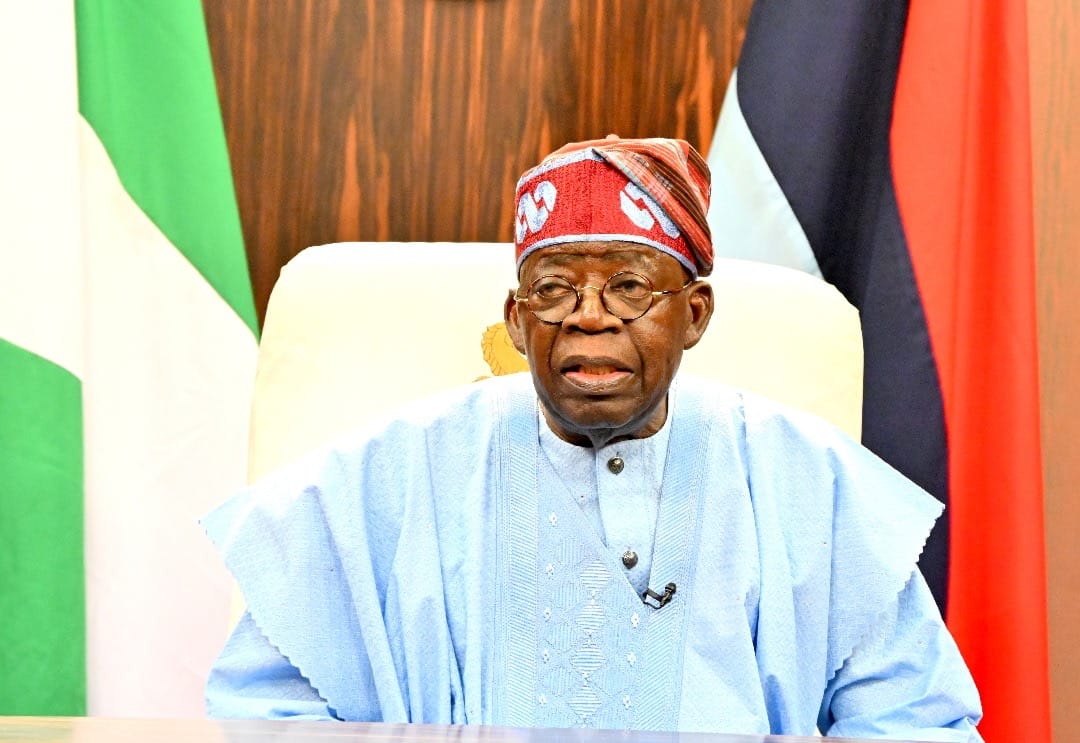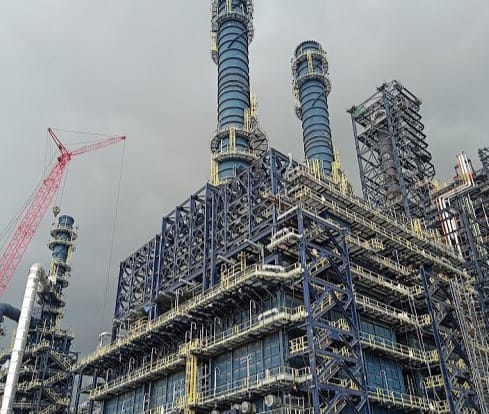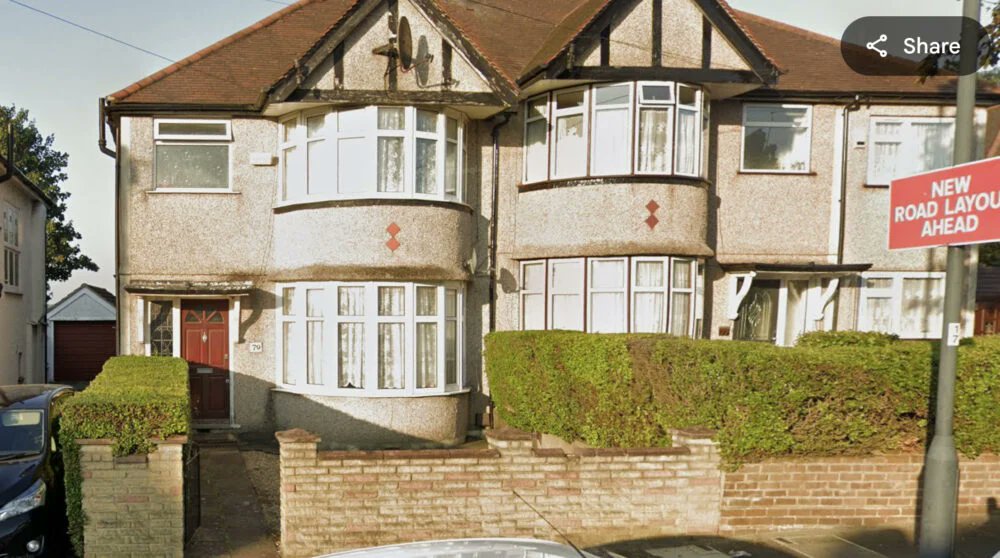The Pan Niger Delta Forum (PANDEF), a prominent advocacy group representing the country’s oil-rich southern region, issued a statement that blended formal congratulations with a stark warning about the continued underdevelopment of the country’s oil-producing heartland. The group specifically highlighted the “worsening infrastructure decay” in the region that provides the majority of Nigeria’s national wealth.
The press release, signed by PANDEF national chairman, Ambassador Dr. Godknows Igali, extended “special salutations to the country’s president, Bola Ahmed Tinubu, while acknowledging his government’s efforts on national issues.
However, the message swiftly shifted to what it termed the “lingering neglect” of vital infrastructure projects in what is recognised as Nigeria’s economic backbone, a region producing over 80% of export earnings from crude oil. The group demanded fixes for decaying road infrastructure like the East-West Highway, Benin-Auchi, and Benin-Warri routes, which connect major urban centres in the region.
It also called for revival of ports in four of the region’s cities, Port Harcourt, Calabar, Onne, and Warri. “These projects must be addressed to harness our full potential,” the statement read, reaffirming PANDEF’s pledge to partner with the national government and state leaders for equitable national roles.
PANDEF, a political coalition representing state governments, traditional rulers, and community leaders from Nigeria’s South-South zone, serves as the primary diplomatic voice for the Niger Delta region. Its formation marked a strategic shift from the armed militancy that characterised the region’s resistance in the 2000s, positioning the group instead as a formal channel for political negotiation and advocacy with the federal government.
The statement underscores the paradoxical reality of the Niger Delta, which remains the source of over 80% of government revenue yet suffers from extreme poverty, environmental degradation, and chronic underdevelopment. The region’s political elite have taken their advocacy to the national table, through bodies like PANDEF, to demand tangible benefits for the residents of the region.
The current situation under President Tinubu’s administration reflects this continuity. The government maintains security initiatives and longstanding promises of development, such as the slow-moving clean-up of oil pollution in Ogoniland.. The primary advantage for the region remains political representation and continued dialogue, as evidenced by PANDEF’s reaffirmed “commitment to continue working with the Federal Government.”
However, the disadvantages are stark and material. The critical infrastructure needed for economic diversification and basic mobility remains in disrepair. Many say the East-West road, a crucial transport artery intended to connect the region’s major states, has become symbolic of broken promises, with sections rendered impassable for years. The decline of the southern ports has stifled regional trade and commerce, compounding youth unemployment.
PANDEF’s call for “sober reflection” and “bold action” on Nigeria’s anniversary serves as a diplomatic but firm challenge to the Tinubu administration. It emphasises that the relative calm in the Niger Delta is contingent on the Nigerian government’s ability to translate policy dialogues into concrete results. For international observers, the situation represents a persistent vulnerability in Nigeria’s economy, where the stabilitcaNigeriacountry’s main revenue source remains indirectly tied to the development demands of its most neglected region.

